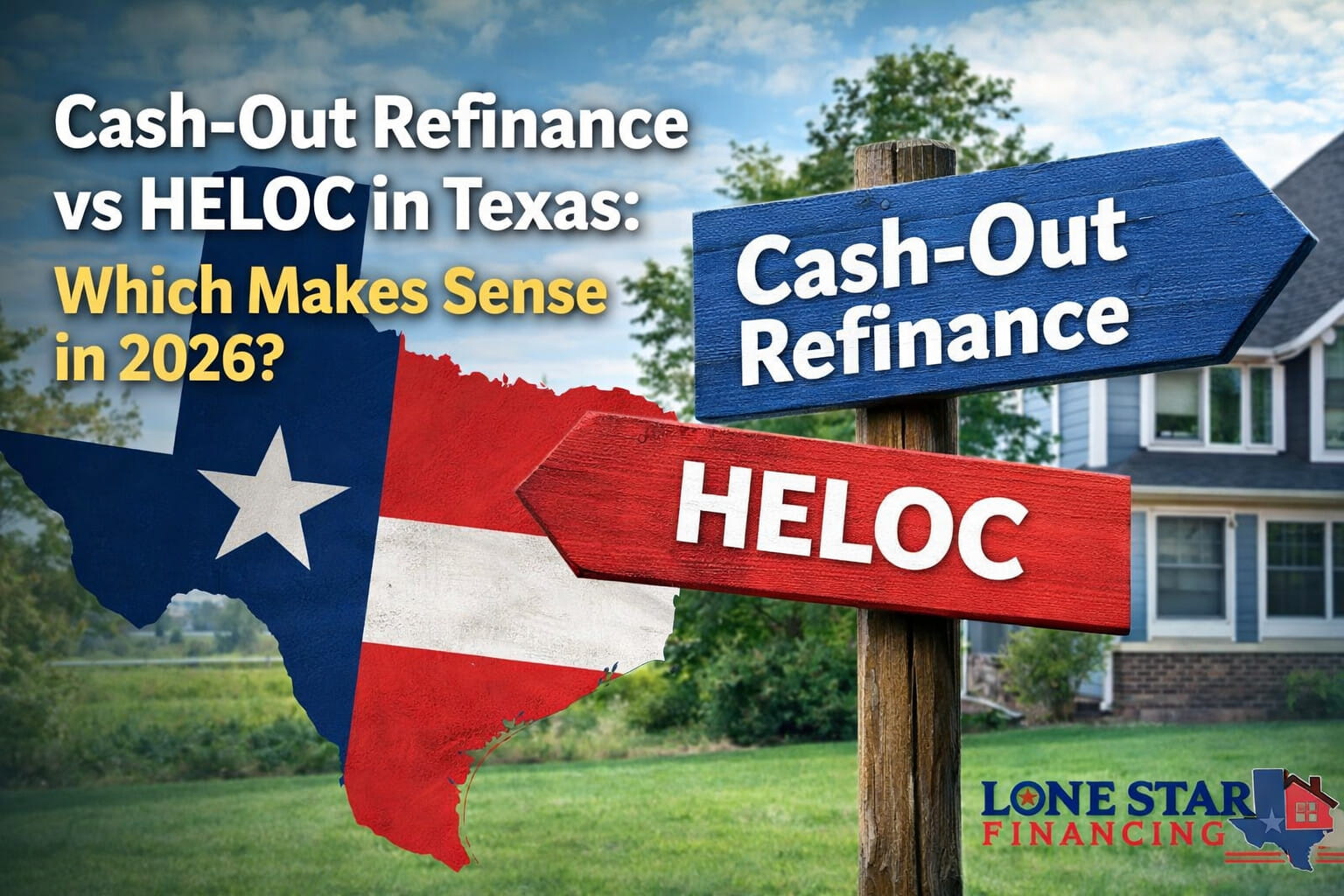Millions of mortgage applications are completed and sent to lenders each year. Part of the steps required include the lender gathering information about you—and sometimes those questions can seem invasive. Most of the questions are required as part of your approval. Let’s take a look at the things a mortgage lender will ask.
Credit
Lenders typically offer the best interest rates to customers with the highest credit scores, generally 750 and above. Yes, you may get a loan without a good credit score. But you’ll pay higher interest rates if you do. So, you’ll want to try to improve your score before you apply for a loan.
A common misconception is that if you have a great credit score, you have the credit issue covered. The whole purpose of the credit report is to have some sort of record that you have been able to establish credit and pay it back as agreed. If not, you have what is known as “thin credit,” and lenders won’t be in a hurry to lend to you. If you only have one credit card, for example, you may not qualify for a prime loan with the lowest interest rates, regardless of your credit score. Your loan officer may recommend that you get another credit card or take out a small car loan (or other loan), and come back when you have a longer record of paying back debt.
Income
A lender may not include any income that is sporadic or new. It’s not unusual for someone to have this idea they make $200,000 per year, and an underwriter says they actually make $100,000 per year. Even if you have a new source of income, ending a verifiable source you’ve had for years may send up red flags. Make sure your lender is aware of any recent changes to your income—not just the amount, but where it’s from.
Marital Status
What can be asked
Your lender will ask whether you’re married, single, or divorced. Divorced individuals often pay or receive alimony and/or child support. Anything affecting your monthly income or debts requires review by a mortgage underwriter. Also, in states which are “community property” states (Arizona, California, Idaho, Louisiana, Nevada, New Mexico, Texas, Washington, and Wisconsin), the debts of both spouses must be considered when applying for a government-backed mortgage regardless if the application is in the name of one spouse only. Finally different states have different rules about how married persons can take title to their homes.
What they can’t ask
Lenders have to be careful when talking to a potential borrower about their marital status. They can’t ask you whether you’re single or widowed. Instead, they can only ask if you’re married, unmarried, or separated.
Children
What they can ask
Lenders will ask whether you have children and will want to know their ages. Having children in your home can change your ability to get mortgage approved. If you’re applying for a VA mortgage, an underwriter will verify your household’s monthly residual income (the money left over after your bills are paid each month). Households with two children have reduced residual income requirements when compared to households with five children. There are other programs which use household size to help determine your eligibility. The 100% USDA home loan is one of them. Lenders can only ask potential borrowers about dependents reported on their income tax returns.
What they can’t ask
If you’re hoping to start a family or have another child, your mortgage lender doesn’t have the right to know that information. If they find out you’re expecting, they can’t ask you whether you or your spouse plans to stop working once your baby is born. The Equal Credit Opportunity Act protects lenders from using that information against you as part of the mortgage approval process. Legally, lenders are bound to assume that even if a borrower or their co-borrower is pregnant, that won’t affect their future employment or financial income.
Age
Lenders want to know your age because “age” is an input when retrieving a person’s credit report; and, also because lenders need to document that you are at least 18 years of age. If you are not 18 years of age or older, you may not be able to legally obligate yourself to a home loan. This would void your mortgage, if it was discovered after the fact. Lenders are prohibited from discriminating against borrowers, including against the borrower’s age. The Equal Credit Opportunity Act (ECOA) ensures all mortgage applicants get fair treatment.
Ethnicity
The reason why mortgage lenders ask about your ethnicity is so that the government can track whether mortgage applications for a given ethnicity are being approved or turned down at an above-average rate. However, you are not required to answer this question and your mortgage approval will not be affected if you choose to leave this question blank. When borrowers provide ethnic background information, the government can do a better job uncovering patterns of discrimination.
You want to avoid any major life changes while you’re in the process of obtaining a mortgage. If you find yourself having to do this, keep your loan officer informed about what’s going on.
Lone Star Financing Can Help
At Lone Star Financing, we are a Texas-based mortgage company. We want to help you through every step of financing your new home. As a national mortgage company we are also a mortgage lender in Missouri, Texas, Florida and California. Apply online or call Lone Star Financing today at 1-800-960-4565 to speak with one of our Texas mortgage specialists and get a free good faith estimate.



